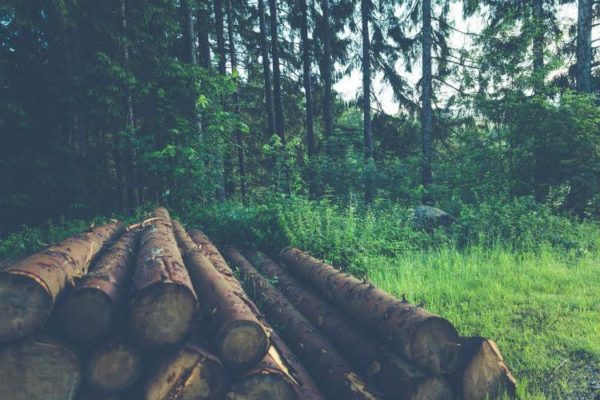The impact of deforestation on wildlife and vegetation is immense. About 80 percent of the world’s land animals and plants call forests home. When their habitats are destroyed, many of them can’t survive. Instead, they are forced out of the woods as their food sources disappear, leading to more run-ins with humans.
Forests also play crucial roles in various ecological processes. For example, they remove greenhouse gases from the atmosphere, so forest destruction worsens climate change. They also play a part in the water cycle by helping to return water vapor into the atmosphere.
With tree cover to shelter it from sunlight, the ordinarily rich soil in a former forest can dry out, making it much harder for those forests to recover.
Continue reading... →
